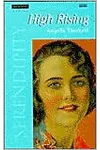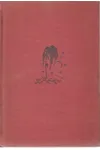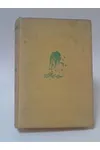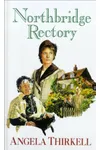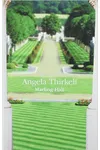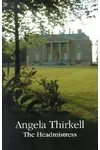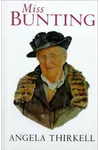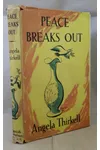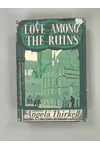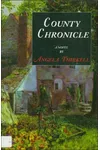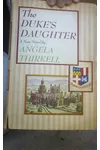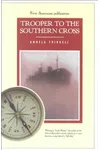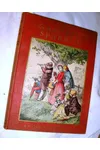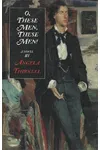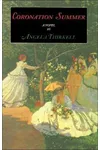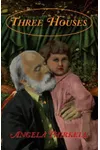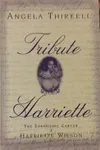Picture an English storyteller who spun witty tales of country life, blending humor and heart—meet Angela Thirkell! Born in 1890, this prolific novelist captured the quirks of mid-20th-century England through her beloved Barsetshire series. With a sharp pen and a knack for satire, Thirkell’s stories are a delightful time capsule, brimming with charm and social insight.
From her artistic roots to her wartime narratives, Thirkell’s life was as colorful as her books. Ready to dive into the world of a writer who made even rationing sound funny? Let’s explore Angela Thirkell’s journey!
The Making of Angela Thirkell
Angela Margaret Mackail was born on January 30, 1890, in London, into a family steeped in creativity. Her grandfather was Pre-Raphaelite painter Edward Burne-Jones, and her cousins included Rudyard Kipling and Stanley Baldwin. Raised in Kensington and educated in London, Paris, and Germany, Angela’s early life was a blend of privilege and intellectual spark. After two marriages—first to singer James Campbell McInnes and later to Australian engineer George Thirkell—she lived in Australia from 1920 to 1929. Financial need spurred her writing career, beginning with articles and stories for magazines and radio.
Angela Thirkell’s Unforgettable Stories
Thirkell’s literary breakthrough came with her 1931 memoir, Three Houses, a nostalgic reflection on her childhood. But her true legacy lies in the 29 novels of her Barsetshire series, set in Anthony Trollope’s fictional county. Starting with High Rising (1933), these books blend comedy and social observation, depicting English middle- and upper-class life with wit. Wild Strawberries (1934) follows the chaotic Leslie family, while Pomfret Towers (1938) skewers aristocratic gatherings with sly humor.
Her wartime novels, like Cheerfulness Breaks In (1940), are particularly poignant, capturing the struggles of evacuees and rationing with warmth and resilience. Thirkell’s style—often compared to Jane Austen and P.G. Wodehouse—shines through her sharp dialogue and vivid characters. She also wrote under the pseudonym Leslie Parker for Trooper to the Southern Cross (1934), a humorous take on a post-World War I troopship voyage.
Thirkell’s ability to weave historical and literary references, from Shakespeare to Dickens, added depth to her lighthearted tales. Her later works leaned into romance, reflecting post-war optimism, though some critics noted a shift to simpler narratives.
Why Angela Thirkell Matters
Angela Thirkell’s novels were more than escapist reads—they were cultural lifelines. During World War II, her stories boosted morale, offering humor amid hardship. Praised by contemporaries like Siegfried Sassoon and Alexander McCall Smith for her “coruscating wit,” Thirkell’s work remains a vivid portrait of a bygone era. Her Barsetshire series, with its timeless appeal, continues to enchant readers through reprints by publishers like Virago.
Thirkell’s legacy endures through the Angela Thirkell Society, founded in 1980, which keeps her work alive for new generations. Her ability to find humor in the mundane and heart in the chaotic makes her a gem of 20th-century literature.
- Born: January 30, 1890, London, England
- Died: January 29, 1961, Bramley, Surrey
- Key Works: High Rising, Wild Strawberries, Pomfret Towers, Three Houses
- Notable Trait: Master of witty social satire
Snag High Rising and dive into Angela Thirkell’s sparkling Barsetshire world—where every page is a witty escape!
